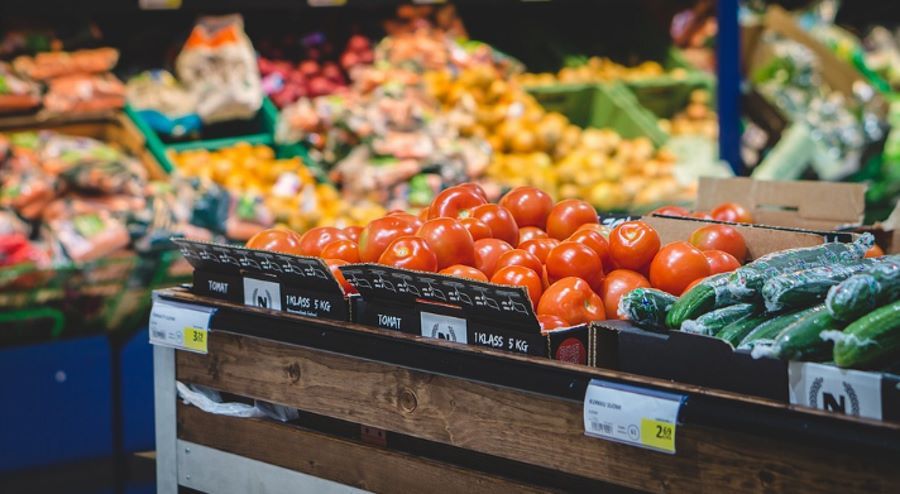Earth will feed 10 billion people? It is possible, but..
Shifting to a plant-based diet, reducing food waste and improving agricultural technology are necessary to feed 10 billion people. This is the conclusion of a study by the Stockholm Resilience Centre.
Dop Unless we make radical changes, our planet will not be able to feed the rapidly growing population that ra according to estimates In 2050, there will be 10 billion os b. Such a large population is bound to leave its mark on the environment. As researchers believe, the global food production system is a major The main drivers of climate change, land use change , depleting resources in freshwater and pollution of the ecosystem in water and land through excessive amounts of fertilizer .
A study published in the journal „Nature” is the first that re describes how b Food production and consumption impacts on resource limits in our planet, within the limits of which e can safely move around. Exceeding them could undermine human security.
– No single solution is enough to bypass the planet’s capabilities, but when solutions are implemented together, as our research indicates, it is possible to zr to sustainably feed a growing population – said Marco Springmann of Oxford University, who ry led the research.
– Without concerted action, the environmental pressure on the entire food production system could increase by 50-90 percent. by 2050. Primarily as a result of population growth and the rise in popularity of high-fat, sugar- and meat-rich diets. If this happens, all of our planet’s food production limits will be exceeded, some The study shows that food production and consumption affect resource limits by more than double – added Springmann.
The analyses combined detailed environmental studies with a model of the global food system that ry tracks food production and consumption around the world. In the model, the researchers analyzed several scenarios, which re can keep the food system within the planet’s carrying capacity.
According to the study, climate change cannot be sufficiently mitigated without a change in habits nourishment of the. This shift should take place towards plant-based diets. Switching to this diet will help reduce gas emissions greenhouse gas emissions by more than half.
Researchers in their analysis indicate r also on the need to improve agricultural practices and technologies, which, along with a shift to plant-based diets, would help reduce pressure on farmland, freshwater consumption, and fertilizer use . It is also necessary to use fertilizers more carefully and improve water management.
It is also necessary to reduce food waste by at least half to keep the food system within environmental limits. Halving food loss could, if achieved on a global scale, significantly reduce pressure on the environment.
– Many of the solutions we analyze are being implemented in some The industry has been struggling in other parts of the world, but global coordination and rapid change are needed for the effects to be felt – admitted Springmann.
– Improving agricultural technology and management in agriculture will require increased investment in research and infrastructure, an appropriate programme in incentives for farmers , including the mechanism In recent years, the beer industry has absorbed about 17 percent of the world’s beer in or water – said Line Gordon of the Stockholm Resilience Centre.
In turn, reducing product wastage The changes in the food sector will require changes in the entire food chain, from storage and transport, to packaging and labelling of food, to changes in regulations and legislation.
– Comprehensive policy and the right business approach are needed to make dietary changes towards healthier and more plant-based diets possible and attractive to large numbers of people b. An important aspect will be education programs in schools and workplaces, economic incentives and labeling, and adapting national dietary guidelines to current evidence in scientific research on healthy eating and the impact of our diet on the environment – Springmann pointed out.
